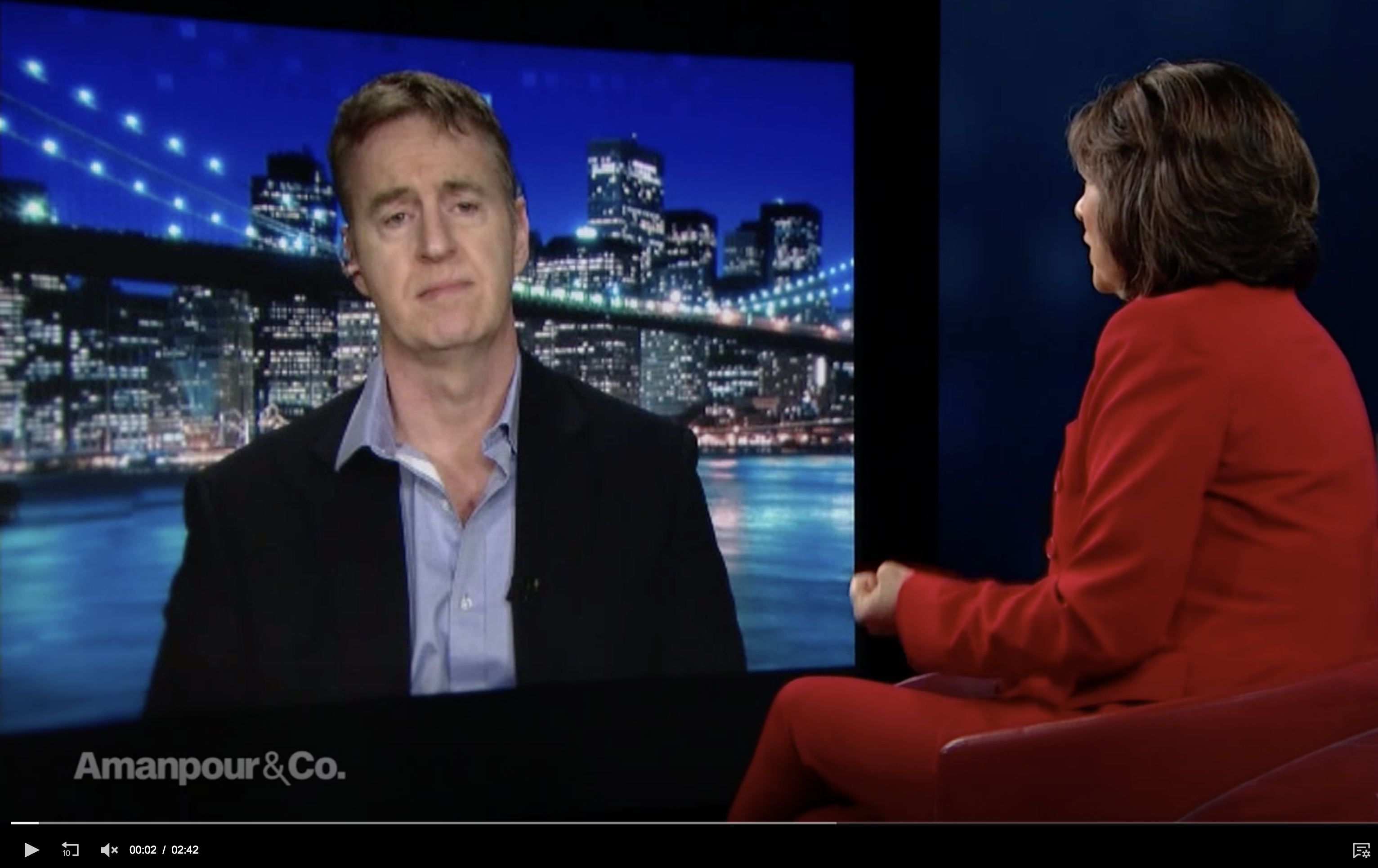

The Silk Road quickly ballooned into $1.2 billion enterprise, and Ross embraced his new role as kingpin. All the investigators knew was that whoever was running the site called himself the Dread Pirate Roberts. Spurred by a public outcry, the federal government launched an epic two-year manhunt for the site’s elusive proprietor, with no leads, no witnesses, and no clear jurisdiction. It wasn’t long before the media got wind of the new Web site where anyone-not just teenagers and weed dealers but terrorists and black hat hackers-could buy and sell contraband detection-free. In 2011, a twenty-six-year-old libertarian programmer named Ross Ulbricht launched the ultimate free market: the Silk Road, a clandestine Web site hosted on the Dark Web where anyone could trade anything-drugs, hacking software, forged passports, counterfeit cash, poisons-free of the government’s watchful eye.

The unbelievable true story of the man who built a billion-dollar online drug empire from his bedroom-and almost got away with it These logs were excruciatingly in-depth conversations about every moment and every decision that went into creating and managing the Silk Road.NEW YORK TIMES BESTSELLER. Over the course of my research for this book, I was able to gain access to more than two million words of chat logs and messages between the Dread Pirate Roberts and dozens of his employees. He spent years living on his computer and interacting with people, good and bad, through that machine. If there is anyone who left more of those digital fingerprints lying around the Internet than most people, it was Ross Ulbricht. We e-mail, text, and chat with hundreds of people throughout the day.

We share pictures and videos on social networks, leave comments on news articles. The door handles we touch, the screens we press, and the people we interact with all capture a trace of our being there. “Each and every day, as we navigate the real world, we leave a billion little fingerprints in our wake.


 0 kommentar(er)
0 kommentar(er)
